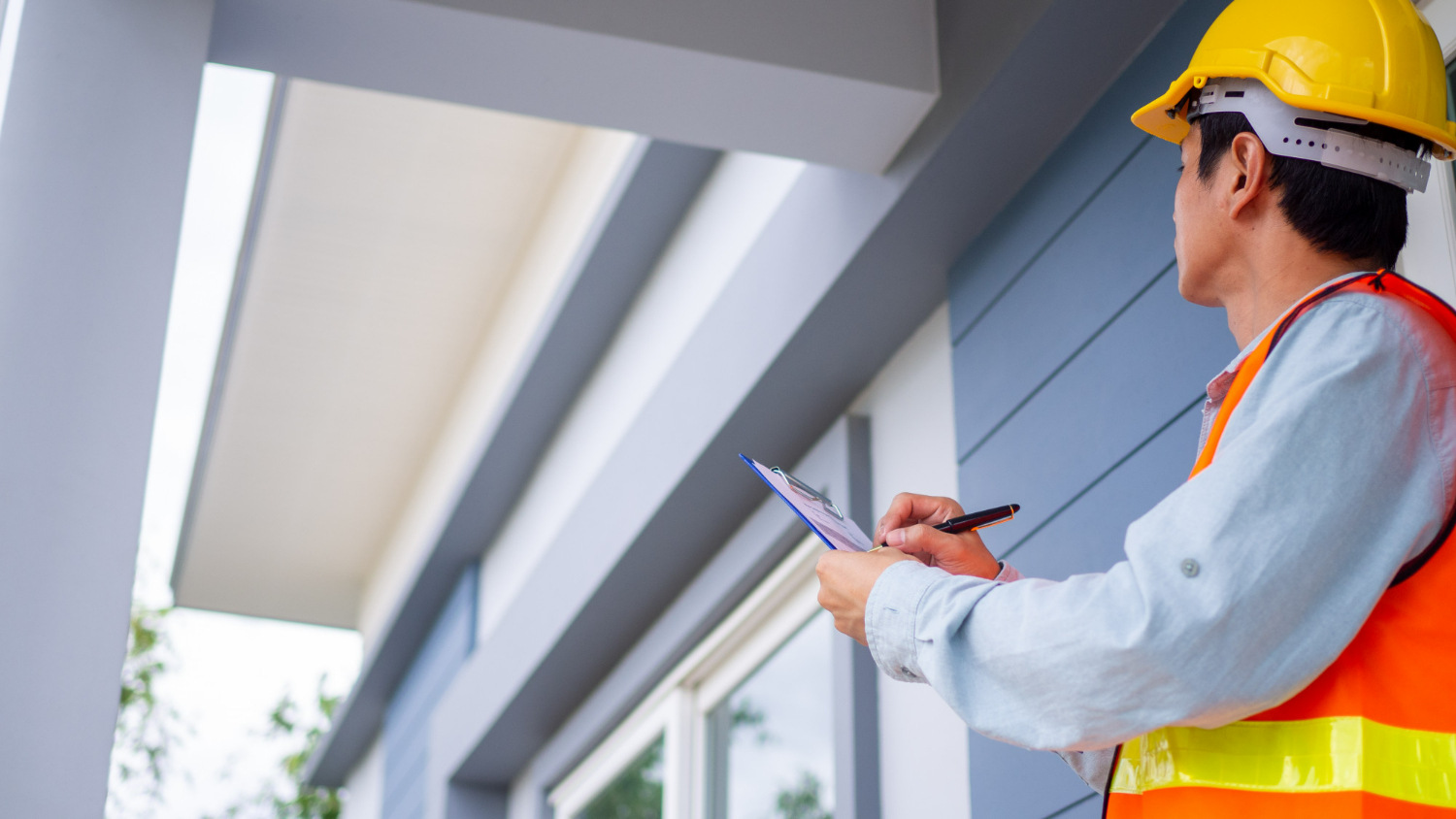Are you planning to sell your house? Consider getting your house inspected before putting your house on the market. When a licensed home inspector conducts a house inspection, he will examine certain home components and then produce a detailed report covering their findings. A typical inspection lasts two to three hours, and you should be present for the inspection to get a firsthand explanation of the inspector’s findings and, if necessary, ask questions. The purpose of this initiative is to promote a greater level of trust from potential buyers who will have peace of mind knowing their investment isn’t going to fall on them next week when they take ownership.
Why Need a House Inspection Before Selling
House inspection is the most effective property evaluation method in the real estate industry right up there with an appraisal. However, a house inspection is not a substitute for an appraisal, nor should it be relied upon as a sole source of information to see if there are any issues with the property.
What Does a House Inspector Do?
While there are differences in experience, skill, and thoroughness among inspectors, a qualified inspector is the one who should investigate specific aspects of a home before producing a report to outline their findings. The average inspection takes two to three hours, and the owner should be present to hear the inspector’s findings explained in person. Additionally, rather than relying just on snapshot images in the report, any issues the inspector finds will make more sense if see them in person.
The house inspector usually makes note of the –
- Each safety issue, whether it is a minor issue or a major issue.
- The items or things that need to be replaced or repaired for better maintenance
- The things that need to be closely observed to avoid future safety issues or emergencies.
If you’re a first-time home buyer, a skilled inspector will even advise you on basic maintenance that needs to be done.
What Does a House Inspection Cover?
The house inspection does have a checklist, maintained by the house inspector that includes all house’s main features. For example, a summary of the kitchen, living area, bedroom, bathroom, garden, etc. But including every feature is impossible or the list will be endless, so here is the house inspection checklist with vital features, which also can cover all the other features.
- Grounds and exteriors
- Roofs, windows, and doors
- Attic
- Basement
- Interior rooms
- Kitchen
- Bathrooms
- Major systems
- Electrical and plumbing
Why Perform a House Inspection? What Are the Benefits?
A house inspection can be extremely beneficial when used as part of a comprehensive program that includes all real estate evaluations. Also, benefits in various ways, such as –
1. Reassure Potential Customers
Buyers rarely know what to expect from a house inspection even after one or two walk-throughs because there’s always the chance that termites are munching on that rustic log cabin or that defective wiring is hiding behind those faux-finished walls.
A pre-inspection gives the buyer peace of mind that there won’t be any major shocks; even if they decide not to forgo their own follow-up inspection, they will feel more confident about making an offer.
2. Save Money and Buy Time
A home inspector is likely to discover one or two red flags even in a property that has just been restored or built from scratch. In the end, it is what they do. You may only have a few days to determine whether to make the necessary repairs or change the sale price when a flaw is discovered during a routine house inspection, so you’ll need to come up with a compromise that will please both you and the buyer.
A pre-inspection provides you with more time to assess the costs and available remedies from different contractors. Additionally, you might be able to avoid forking out a sizable sum of cash for unforeseen maintenance expenses like mold removal or structural work.
3. Understand Your Position
In most cases, your ultimate asking price is decided upon well before the inspector even enters your home. That creates a giant question mark hanging over your negotiations: Will you have to reduce your final offer price once more if any significant issue is found?
4. Prevent Repeat Repairs
No matter how skilled you are, there is always a chance of making a mistake in diagnosis. However, having your house pre-inspected might enable you to save money on pointless repairs. Say you hire a plumber to replace your toilet because it hasn’t been flushing properly.
Upon inspection, you find that the issue was with your septic system. A pre-inspection saves you from doing double duty because the inspector can identify the issue and suggest the appropriate fix.
5. Ensure The Pre-Inspection Doesn’t Affect You
As helpful as a pre-inspection may be, keep in mind that the inspector’s report may have some disadvantages as well. You cannot disregard a problem once you are aware of it.
Legally, sellers are required to report any issues that a house inspection reveals. Therefore, research what other sellers in your region are doing before deciding to conduct a pre-inspection.
Conclusion
A house inspection can be conducted before selling or buying a house. It is the best way of identifying any problems with a house that one may not have initially known about.
The house inspectors will help you to find any safety concerns or needs for repairs. So, hiring the right professional for house inspection is necessary too!


Comments (0)